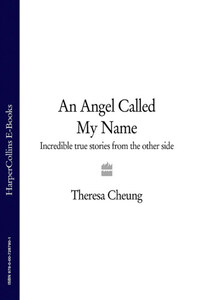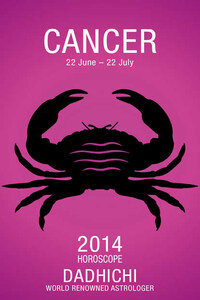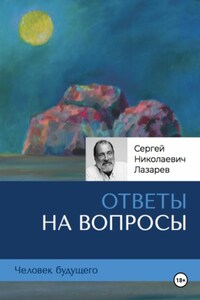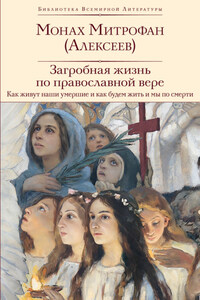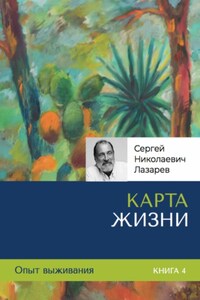A mind that is stretched by a new experience can never go back to its old dimensions.
(Oliver Wendell Holmes)
In the last few decades interest in the psychic world has escalated. Beyond the basic Steven King novel, the idea of being psychic or having psychic abilities has penetrated deeply into mainstream culture.
The movie Ghost (1990), with Whoopie Goldberg as reluctant medium Oda May Brown, was the first blockbuster film to portray psychic phenomena in a positive light. Since then a steady stream of books, films and documentaries has followed. Organizations, seminars, workshops, websites, study programmes, chat rooms and courses in parapsychology (the study of the paranormal or unexplained) and psychic development have sprung up over night. Doctors and researchers in holistic health are assembling a startling body of evidence for the interconnectedness of mind, body and spirit. We can now speak ‘openly’ about alternative healings, meditative and psychic experiences without fear of ridicule.
Yet despite all the attention currently being given to psychic phenomena, their true nature still lies deeply shrouded in mystery. One of our favourite ways for dealing with the unknown is through language. We assign a word to an experience, to something we want to describe, and then we feel we have a handle on it. So let’s try to get a grasp on this great unknown, the universe of psychic phenomena, by assigning words to it.
To begin with, what do we mean by ‘psychic? The word psychic describes anything in connection with the psyche. ‘Psyche’ dates back to ancient times when a goddess by the name of Psyche was thought to be in charge of the invisible but essential part of human existence. Over time the word and its meaning evolved, and today a Thesaurus offers the following synonyms: mind, soul, self, subconscious, spirit, subliminal self, inner self, awareness, ego and individuality. Today we use the word psyche to refer generically to all kinds of phenomena, experiences or events that seem to be related to the invisible mind, internal body sensations and altered states of consciousness, which cannot be explained by established physical principles.
To qualify as psychic, an experience must therefore involve interactions that are qualitatively different from our normal, physical ways of exchanging with the world (e.g. verbal and nonverbal communication, sensations and bodily movements). A genuine psychic experience cannot be based even upon the most subtle, subliminal forms of perception or action.
As the experience is different for every person it is impossible to explain exactly what the psychic state is, but a large number of experiences are considered psychic. These include telepathy (mind reading), clairvoyance (psychic ability to see objects and visions), psychokinesis (mind-over-matter), psychic healing, out-of-body experiences, poltergeists, spirits and hauntings. Within the pages of this Encyclopedia you’ll find a veritable compendium of all aspects of psychic phenomena - what they are, the evidence for them, the theories which have been proposed, the dynamics which favour or suppress them, and the techniques for discovering them in yourself. You will also find biographies of famous mediums and key figures in the psychic world as well as information about divination methods, well-known hauntings and paranormal beliefs from all over the world. The aim isn’t to explain the unexplainable - as that is impossible - but to lift the veil and make the groping for words easier when it comes to researching, questioning and understanding the mysteries of the psychic world.
Introducing the psychic world [a very brief history]
Psychic traditions have existed since the beginning of recorded history and have been present in one way or another in ancient cultures all over the world. It seems that a belief in ghosts and communication with spirits of the dead has also always been with us from our earliest beginnings.
In the ancient Middle East, psychic powers were practised by prophets and are described in the Bible’s Old Testament. The royalty of many ancient cultures used divination to seek guidance in times of war and to predict natural disasters such as drought. The Egyptians believed they could communicate with the dead and forecast future events using palmistry and dream divination. In Africa the ancient peoples used trance states to contact the spirits of their dead ancestors. The Greeks used oracles at sacred locations to give prophecies of the future and the Romans looked to the stars for messages from the invisible realm. Early American psychic practices have also been documented. The Aztecs in Mexico used astrology and oracles and Native Americans relied on advice given to them by shamans who entered deep trance-like states to contact spirits.
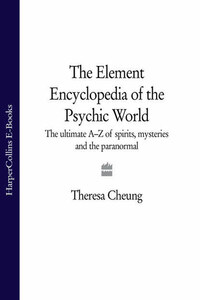
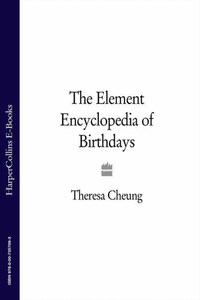
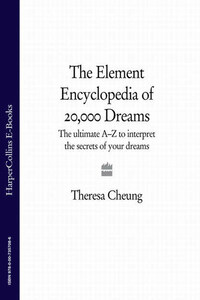
![The Dream Dictionary from A to Z [Revised edition]: The Ultimate A–Z to Interpret the Secrets of Your Dreams](/uploads/covers/52/5225d594d8f184f822131b80d7c832ca359c71f5.jpg)

